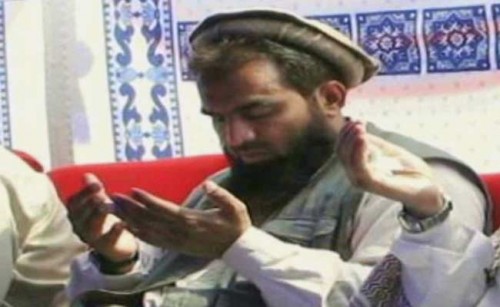
By Arun Kumar
Citing the case of Zaki-ur-Rehman Lakhvi, the Lashkar-e-Taiba (LeT) mastermind of the 2008 Mumbai terrorist attacks, two US experts want the US to push Pakistan to end its selective fight against terrorism.
“Pakistan’s selective approach to fighting terrorism continues to undermine US national security objectives in the region,” wrote Lisa Curtis, a senior research fellow and Huma Sattar, a visiting analyst, at the Heritage Foundation, a conservative think tank.
“If Pakistan is indeed serious about combating terrorism, it must come down hard on all terrorist groups and break all links with terrorists operating in Afghanistan and India. US policy must insist on this outcome,” they wrote
Earlier this year, US Secretary of State John Kerry declared all terrorism in Pakistan “unacceptable” and offered $250 million to aid refugees displaced by the Pakistani military offensive against Tehrik-e-Taliban Pakistan (TTP) militants in North Waziristan.
The Pakistani military has repeatedly tried to assure Washington that it is committed to cracking down on all terrorist groups in its territory, Curtis and Sattar noted, “but so far there are few signs that it is ready to confront those groups that fight in Afghanistan and India.”
In March, the two experts noted, “the Islamabad High Court, in all likelihood having been strong-armed by the military leadership, rejected Pakistani government arguments and ordered the release of” Lakhvi.
Last December, two days after the horrific TTP attack on a military school in Peshawar that killed nearly 130 children, Pakistan’s Anti-Terrorism Court granted bail to Lakhvi.
“This stunning development was likely a signal from the Pakistan military to India that it would retain the LeT as a tool, even as it cracked down on the TTP,” Curtis and Sattar wrote.
“Ultimately, the military probably will keep Lakhvi in jail because Pakistani officials understand that releasing him could cost hundreds of millions in US aid to Pakistan.
“But the signal that the bail plea sends about the military’s intentions to continue relying on the LeT is cause for deep concern,” they wrote.
In a joint letter to Secretary Kerry, House Foreign Affairs Committee’s Republican Chairman Ed Royce and top Democrat Eliot Engel voiced concern that Pakistan has not done all it could to root out terrorist groups such as LeT, Lashkar-e-Jhangvi, and Jaish-e-Muhmmad because they are seen as serving Pakistan’s foreign policy goals in India and Afghanistan.
“The Pakistan army’s risky double game of selectively supporting some terrorist groups threatens US national security objectives of rooting out global terrorism from South Asia,” Curtis and Sattar wrote.
So long as Pakistan’s military allows groups that follow an extremist Islamist ideology to operate freely, they make their territory an environment in which global terrorism can flourish, they wrote.